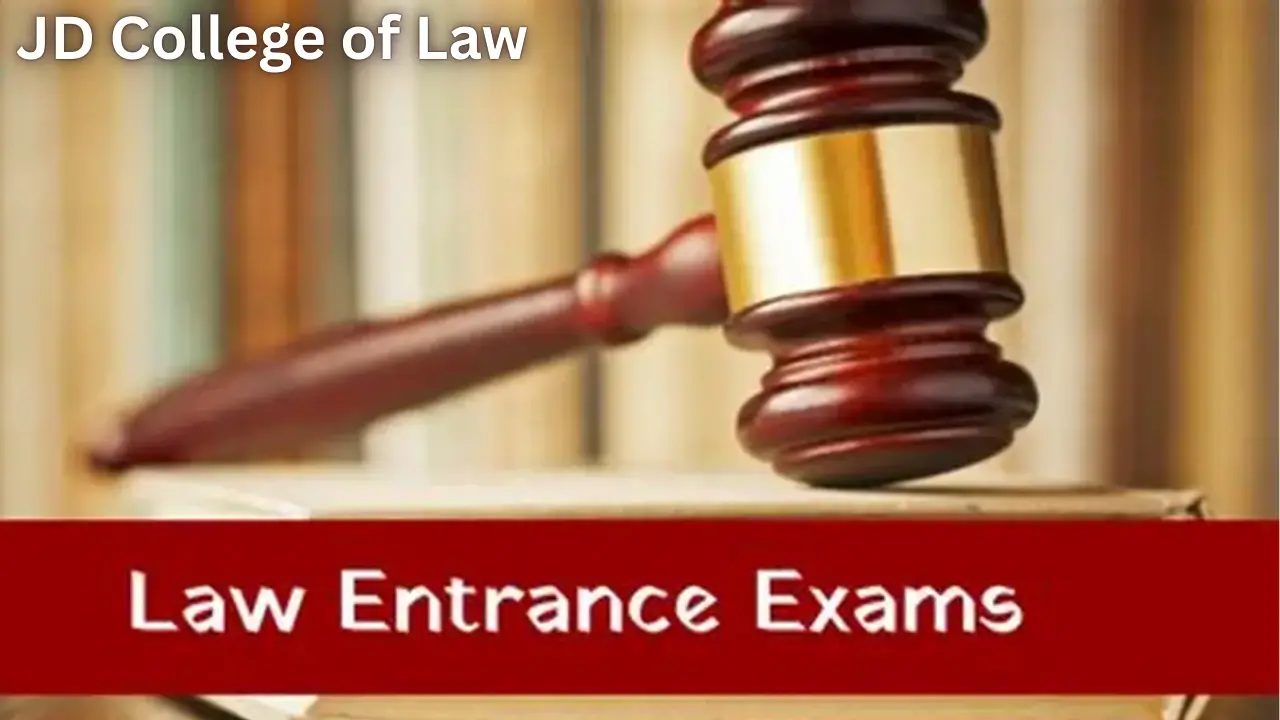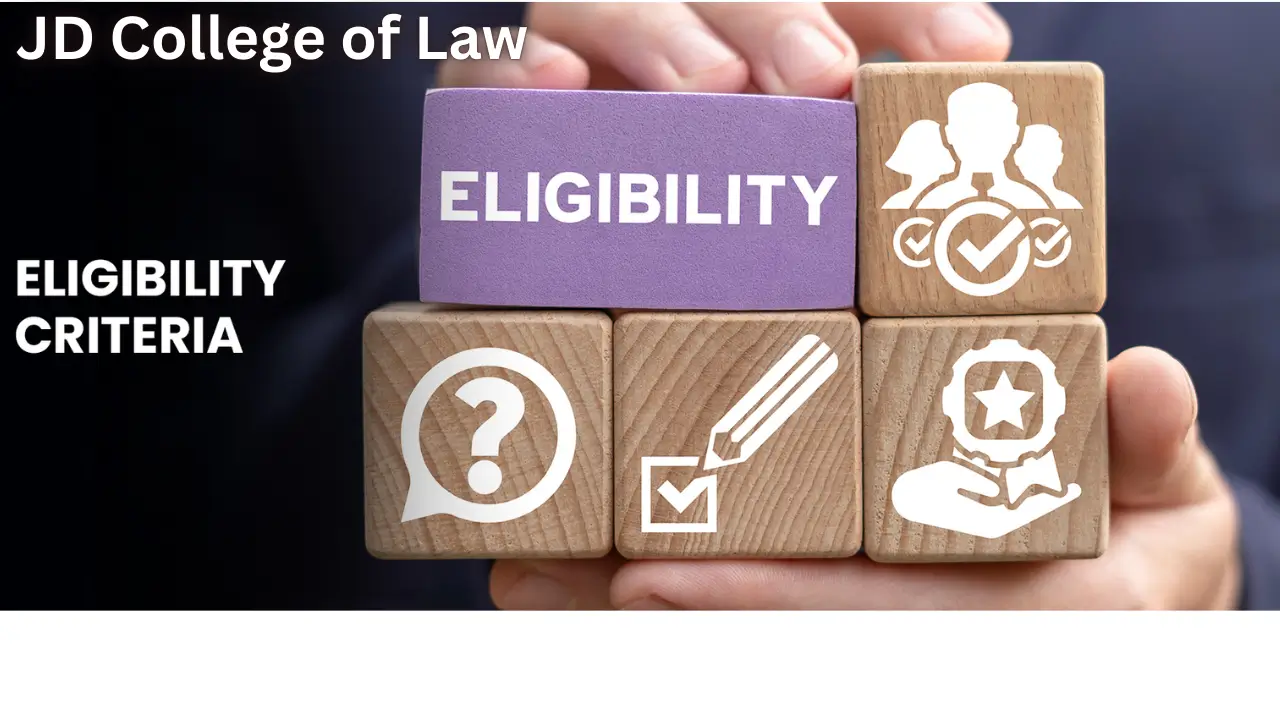JD College of Law typically offers a Juris Doctor degree program designed to prepare students for professional legal careers. The JD program is a postgraduate law degree that combines academic rigour with practical legal training. It aims to equip students with essential legal knowledge, critical thinking skills, and advocacy abilities needed in various legal professions.
JD programs in India generally span three years, divided into core foundational courses in the initial year and specialized elective courses in subsequent years. The curriculum is designed to balance doctrinal legal knowledge with skills-based training such as legal research, writing, and moot court exercises.
Key Courses in JD Program
| Course Category | Typical Subjects |
|---|---|
| Core Foundational Courses | Constitutional Law, Contracts, Torts, Criminal Law, Property Law, Legal Methods |
| Advanced Legal Subjects | Administrative Law, Corporate Law, Intellectual Property Law, Environmental Law, Family Law |
| Practical Skills Training | Legal Research and Writing, Advocacy, Moot Court, Negotiation, Drafting Legal Documents |
| Electives & Specializations | Cyber Law, Tax Law, Human Rights Law, International Law, Labour Law, Alternative Dispute Resolution (ADR) |
Core Foundational Courses
- Constitutional Law: Study of India’s Constitution, Fundamental Rights, Directive Principles, and judicial review.
- Contracts: Fundamentals of contract formation, performance, breach, and remedies.
- Torts: Civil wrongs, negligence, and liability principles.
- Criminal Law: Penal provisions, principles of criminal liability, and procedure.
- Property Law: Ownership, possession, and transfer of property.
Practical Training
- Moot court exercises to practice legal argumentation.
- Legal research skills using various online/offline resources.
- Drafting petitions, agreements, and other legal documents.
- Internship opportunities with law firms, NGOs, or courts.
Latest Trends and Updates in JD Legal Education
- Increasing emphasis on clinical legal education where students provide real legal aid under supervision.
- Integration of technology in legal education, such as courses on Cyber Law and e-Discovery.
- More interdisciplinary learning opportunities, blending law with business, technology, or social sciences.
- Focus on ethical lawyering and professional responsibility.
- Introduction of specialized electives to cater to evolving legal fields like Environmental Law, Intellectual Property, and ADR.
Summary
JD College of Law offers a comprehensive JD program comprising foundational law subjects, advanced courses, and practical legal training. Students develop a strong legal foundation alongside skills essential for advocacy and legal practice. The curriculum incorporates current legal trends and interdisciplinary approaches to prepare future-ready legal professionals.












